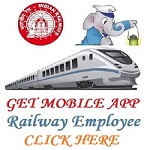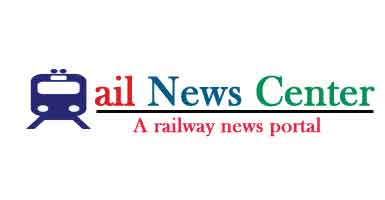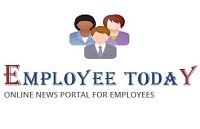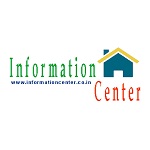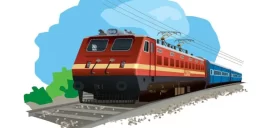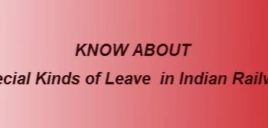The Control Organization of IR has primary responsibility for scheduling and running all trains, and maintaining information on the positions and movements of all rolling stock. (These functions are collectively known as control – an area of the railway network is said to be ‘controlled’ when a control office is in charge of it.) Each division or district has a control office. In some divisions, this control office is in charge of all trains in the division or district. In other cases, in addition to the headquarters control office there may be one or more outstation control offices which control specific areas within the division.
Each line is divided into a number of control sections for convenience. Usually these are the same as the line sections all the way from one goods yard to the next, and so may include several stations, but may be small enough to include just a couple of stations. Sometimes a line may be divided into more than one control section between yards to account for very dense traffic, and lines with very light traffic may be combined together into one control section. Each control section has a ‘control board’ which includes the telephony equipment for the control staff to talk to any of the stations, block cabins, yards, loco sheds, in the control section. A control section normally covers about 150-200km of a railway line.
A Chief Controller is in charge of the overall control section at the headquarters control office; outstation control offices have deputy chief controllers. In addition, deputy chief controllers are allocated for specific areas such as punctuality, accidents, stock, locos (the Loco Controller), and statistical work. The stock control functions include staff for handling stock movement as well as for wagon allotment. The Loco Controller’s area also includes a Power Controller specifically for handling allocation and control of electric locomotives.
Under the command of the Deputy Chief Controllers (who work in shifts) are Section Controllers (one for each control board). Although the Chief Controller is responsible for the overall control function and coordination amongst the outstation and headquarters control offices, the Deputy Chief Controllers are the ones most closely tied to the day-to-day scheduling and planning for trains in a control section
Source – IFRCA.org
This entry was posted in 2 Railway Employee, STUDY NEW, Railway Employee


